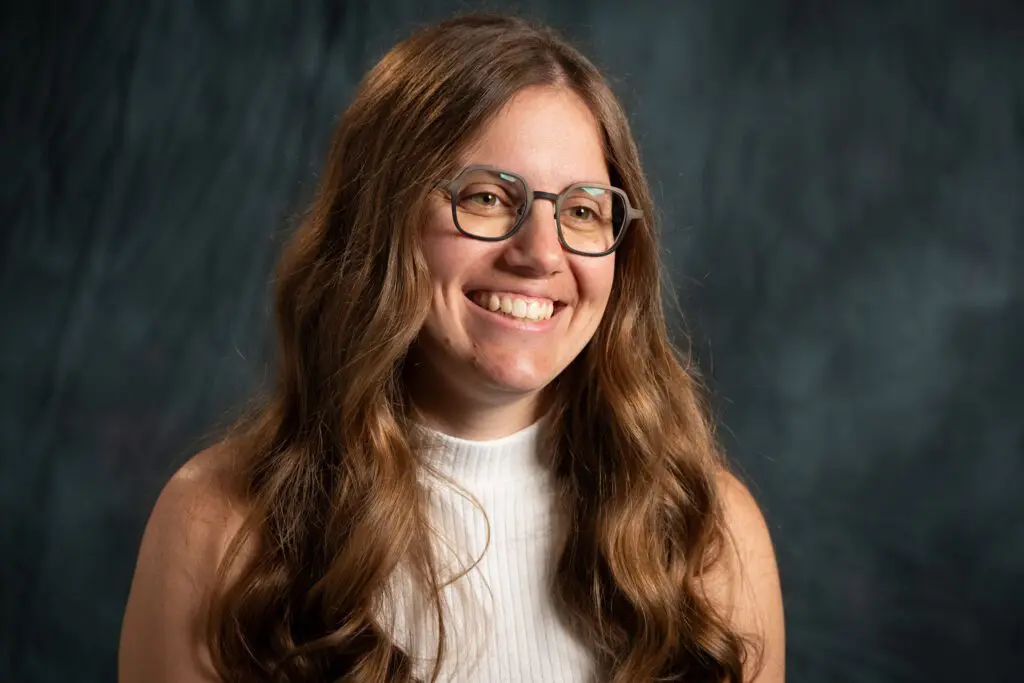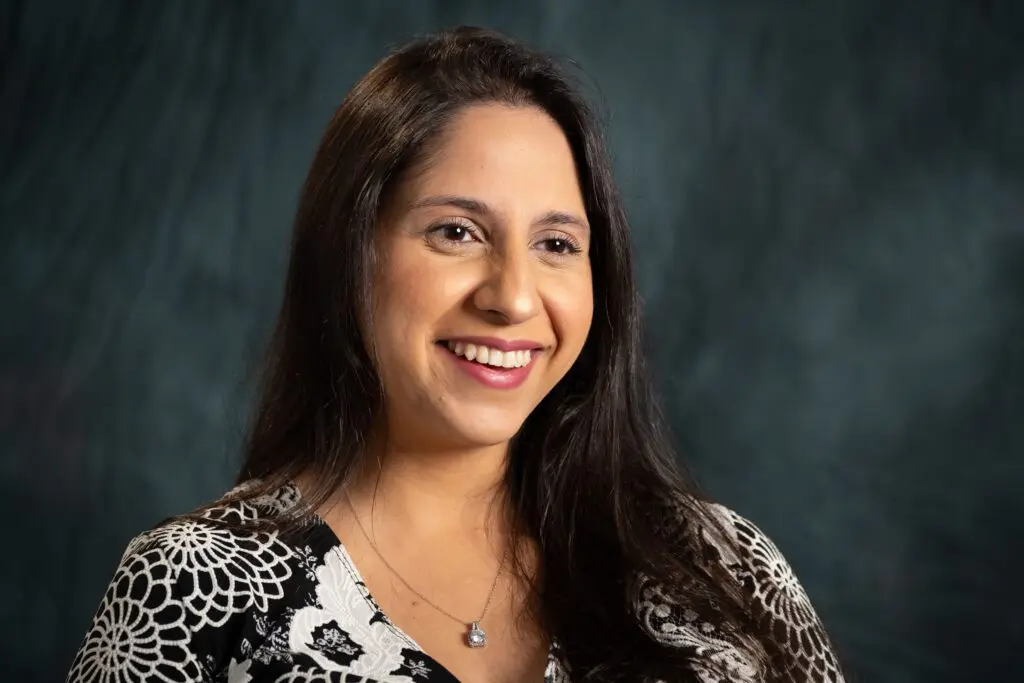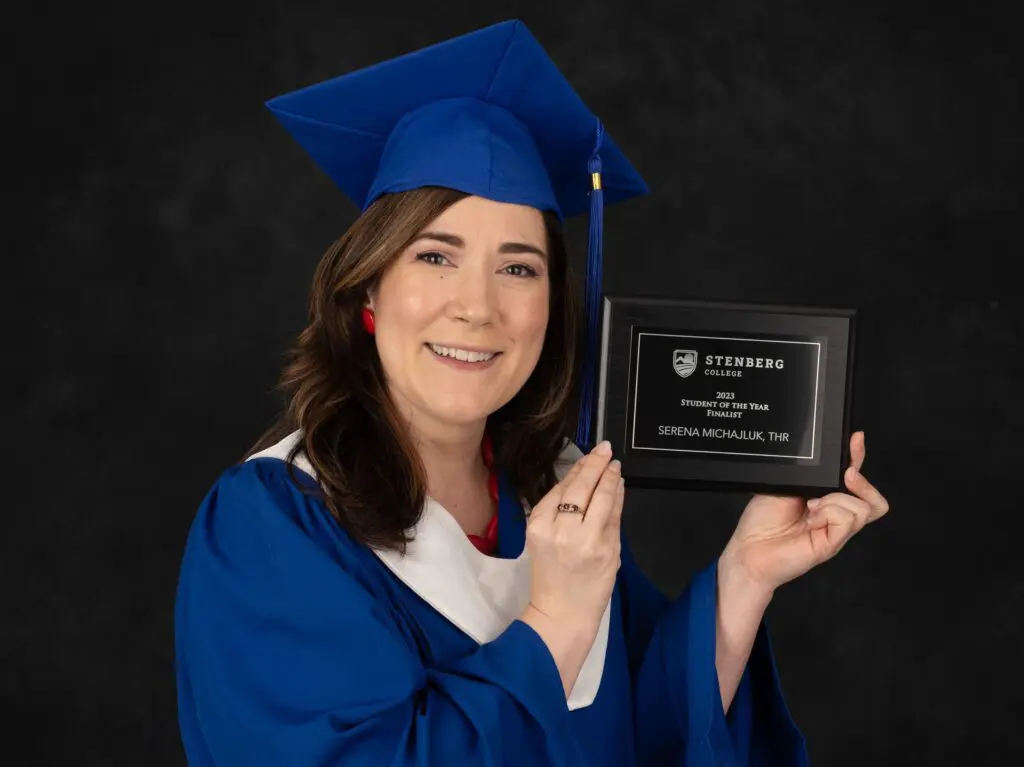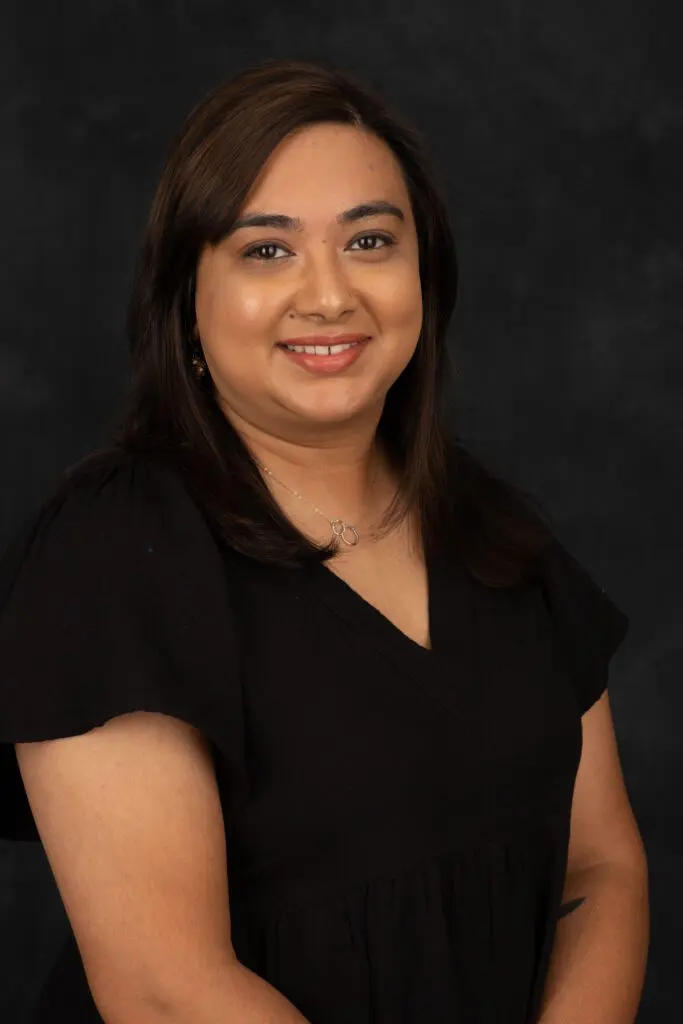As it gets closer to the exciting day that we are all here training for, I have to sit and reflect on some of the classes we have taken throughout this past year. There have been many starting back a year ago with Orientation followed swiftly by our Communications class which helped me learn how to function on a computer. I was PC illiterate, believe me! I had no idea how to even start up a computer let alone how to use one. Well, as Mom would say “look at you now.” Psychology has been a huge part of this program too which I believe has helped me throughout this course in finding myself. There have been some tough ones and easier ones but one of the tougher ones I would like to talk about is Motivational Interviewing also known as MI.
MI has an immense amount of information that we have to take in so I urge you if you are participating in Community Mental Health and Addiction to prepare yourself for this ride as it is a bumpy one. It is near the end though so if you make this far (you will) you should be able to get through it with limited mental bumps and bruises. It is a short period of time so you must stay focused and really buckle down. Now, I will say this is a form of motivational speaking that I have just expressed but it is not quite the same way we would use in our field as I was a bit aggressive in saying you will do it and “telling you’ to buckle down and focus. MI is focused on the client and being aggressive may drive the client away or make them shut down and not listen.
We as CMHAWs have to remember that it is about listening to the client not telling them what they should do. It is suggested that we ask permission from the client before giving advice and it is very important that we listen and reflect on what they are telling us. This allows them to make decisions for themselves and to feel as though they are rather than us telling them they are. Open ended questions are part of the foundation of MI, this being don’t ask them yes or no questions. An example being instead of asking them “is the sky blue?” ask them “what color might the sky be?” This allows them to come to their own conclusions on the color of the sky rather than being forced into a single answer. The close ended question has a trapping feeling whereas the alternate question leaves a wide open field.
Affirmation and Reflection are also part of the foundation and this would be if a client is telling you of their struggle repeat back to them what they are saying while agreeing that you have heard what they are saying. This is where it gets a bit confusing, we don’t agree with them we are simply confirming that we have heard them and understand. An example of this might be that the client says “I struggle with drugs every day because I feel bad” The CMHAW might say “I see, so you do drugs every day because of the way you feel, and what is making you feel bad?” You are affirming that you hear what they are saying but not necessarily agreeing with the way they are coping. It lets them hear what it is that is troubling them. Sometimes hearing the problem coming back to them will enable them to really think of the problem. They hear that they do drugs everyday but they are hearing it in a non-judgemental and not accusing tone. This might keep their minds open to things which is the goal. While these are just a few of the items I have learned you can see it gets quite complex but at the same time it seems sort of simple and almost common sense like.
We won’t be using MI everyday as it is a style of care commonly used by psychiatrists but the assets learned in this class are very much fantastic tools for our mental toolboxes. We have to remember that we are in this to help people and the more we know as well as the more we have to offer will help us remain strong in what it is we are doing. It will help us to be there for the people we got into this field for. Honestly I cannot wait to apply my learnings. I do realize I cannot save the world, I get that clearly but what I have learned in MI will help me give the best possible level of care that I can give and I can be satisfied with that. If I may offer a hint of advice? Try to keep your mind as open as you possibly can. When the mind gets stubborn and clings to things you thought were true when they may not be is when the level of care you have to offer slips and slides downward. While it is about the client we have to be strong to be there for them. Love and peace faithful readers and remember we are all important in one way or another.










